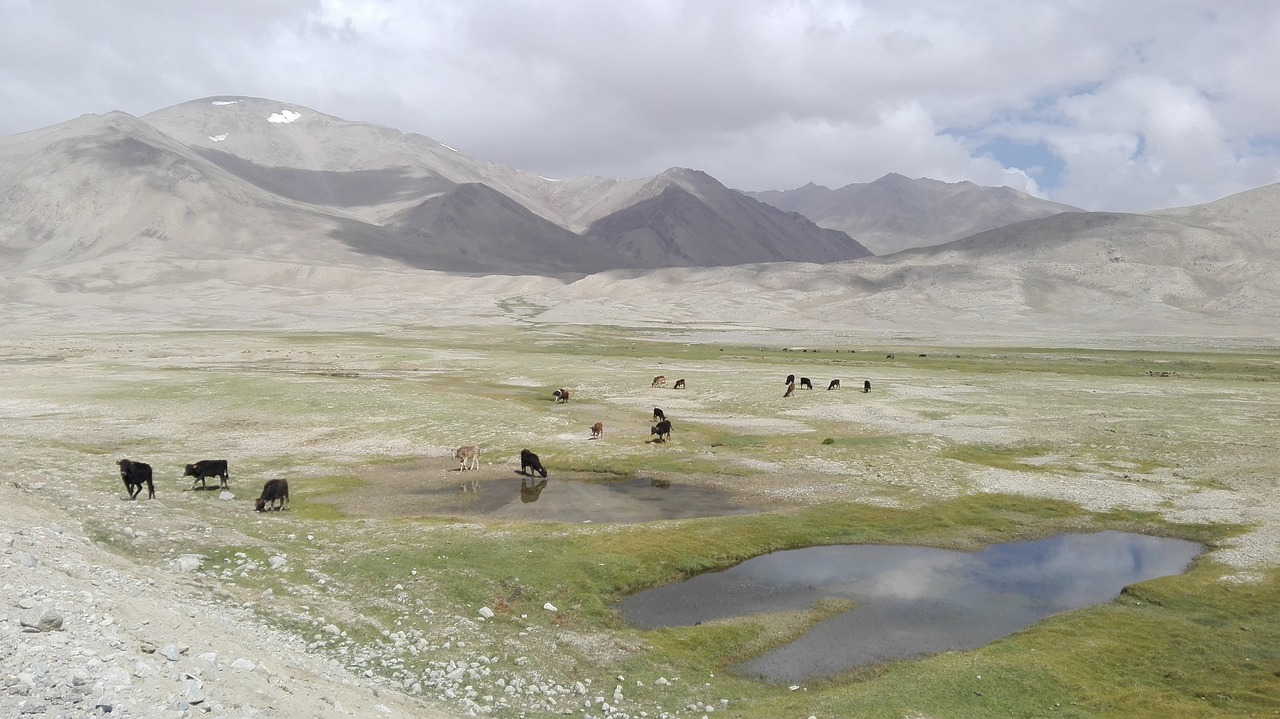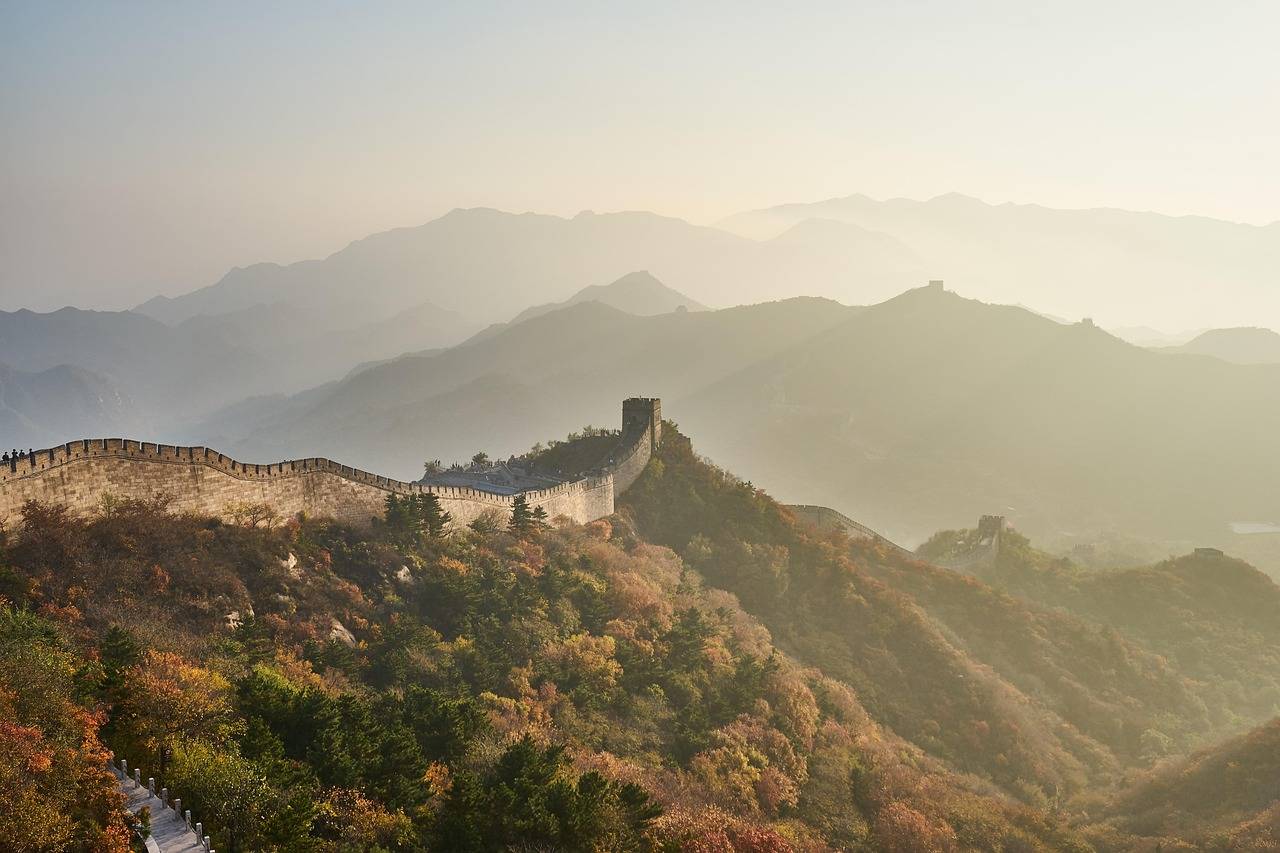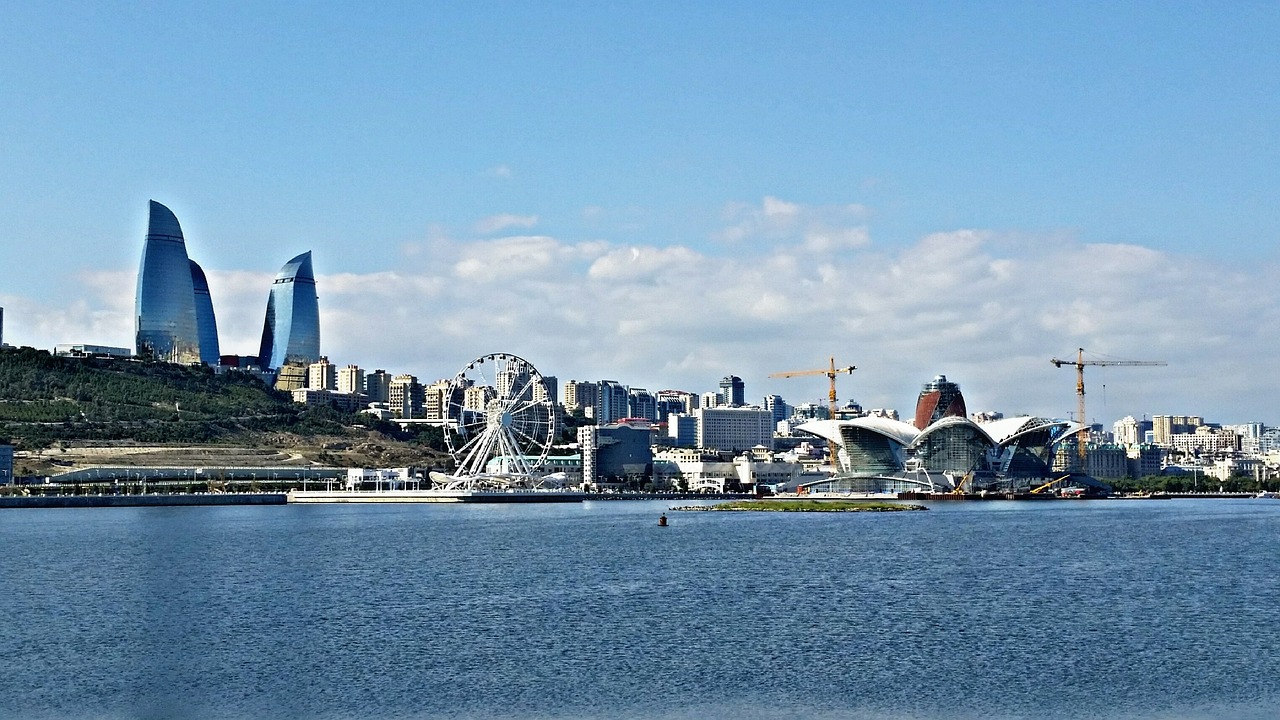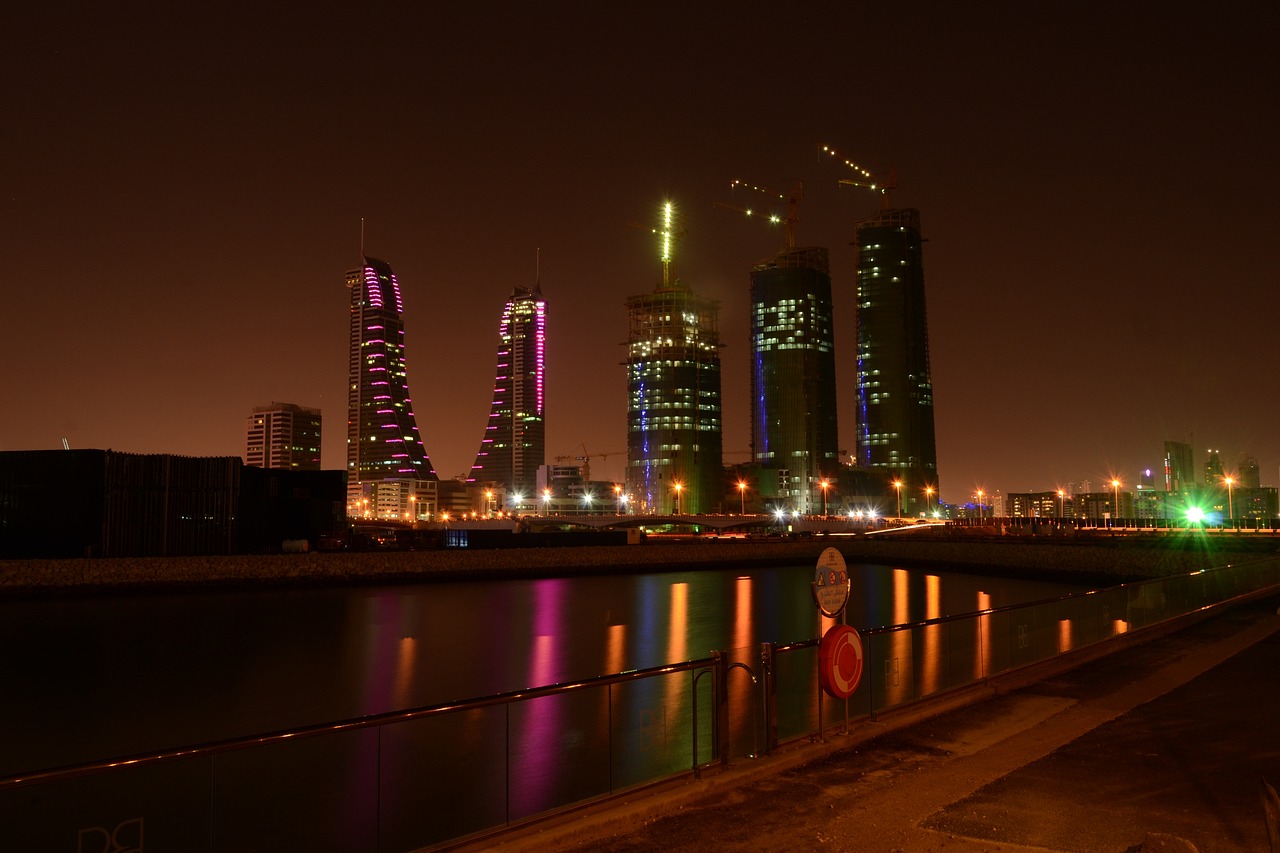Unveiling Afghanistan: 30 Intriguing Facts About the Land of Mountains
Afghanistan, often referred to as the “Land of Mountains,” is a nation with a rich history, breathtaking landscapes, and a resilient spirit. Nestled in the heart of Central Asia, Afghanistan has captivated the world with its unique culture, ancient traditions, and diverse heritage. In this article, we delve into 30 intriguing facts about this fascinating country that will spark your curiosity and deepen your understanding.
1. Afghanistan is Located in the Crossroads of Asia
Situated at the crossroads of Central Asia, Afghanistan shares borders with several countries, including Iran, Pakistan, Tajikistan, Turkmenistan, Uzbekistan, and China. Its strategic location has made it a historically significant trade and cultural hub.
2. Kabul is the Capital and Largest City
Kabul, the capital city of Afghanistan, serves as its political, economic, and cultural center. It is a vibrant metropolis that juxtaposes ancient traditions with modern development.
3. The Hindu Kush Mountains Dominate the Landscape
Afghanistan is renowned for its majestic mountain ranges, most notably the Hindu Kush. These mountains dominate the country’s landscape, offering breathtaking vistas, challenging trekking routes, and hidden valleys waiting to be explored.
4. Afghanistan Has a Rich Cultural Heritage
Afghanistan’s cultural heritage is a tapestry woven with influences from various civilizations, including the Persian, Greek, Mauryan, and Islamic empires. Its cultural legacy is reflected in its art, architecture, music, poetry, and traditional customs.
5. The Country Boasts UNESCO World Heritage Sites
Afghanistan is home to several UNESCO World Heritage Sites that bear witness to its ancient past. These include the stunning minaret and archaeological remains of Jam, the historic city of Herat, and the sprawling ruins of the ancient city of Balkh.
6. Afghani Cuisine Offers a Delightful Culinary Journey
Afghan cuisine is a delicious fusion of flavors influenced by the country’s diverse ethnic groups. From hearty kebabs and flavorful rice dishes like pilaf to aromatic stews and savory pastries, Afghani cuisine is a treat for food lovers.
7. The Bamiyan Buddhas Were Once a Marvel of Ancient Art
The Bamiyan Buddhas, located in central Afghanistan, were colossal statues that stood as a testament to the country’s Buddhist heritage. Sadly, these magnificent sculptures were destroyed by the Taliban in 2001, but efforts for their restoration continue.
8. The Silk Road Once Passed Through Afghanistan
Afghanistan played a pivotal role in the historic Silk Road trade route. Caravans traversed its ancient paths, carrying goods, ideas, and cultures between the East and the West, making Afghanistan a melting pot of influences.
9. Afghan Rugs are Renowned Worldwide
Afghanistan is famous for its hand-woven rugs, renowned for their intricate designs, vibrant colors, and exceptional craftsmanship. Afghan rugs are sought after globally for their beauty and quality.
10. The Country is Multilingual
Afghanistan is a linguistically diverse nation with various languages spoken throughout the country. Dari and Pashto are the official languages, but numerous regional languages, such as Uzbek, Turkmen, Balochi, and others, are also spoken.
11. Kandahar is an Ancient City with Historical Significance
Kandahar, the second-largest city in Afghanistan, holds great historical and cultural significance. It was a prominent center of trade and served as the capital of various empires throughout history.
12. The National Sport is Buzkashi
Buzkashi, a traditional Afghan sport, involves horse-mounted players attempting to grab a goat carcass and carry it across a goal line. It is a thrilling and fiercely competitive sport that showcases equestrian skills and strength.
13. Afghanistan is the Birthplace of Rumi
Afghanistan is the birthplace of Jalal ad-Din Muhammad Rumi, one of the world’s most beloved poets and philosophers. Rumi’s works continue to inspire and resonate with people around the globe.
14. The Afghan National Institute of Music Preserves Cultural Heritage
The Afghan National Institute of Music, located in Kabul, provides music education and training to young Afghans. It plays a vital role in preserving traditional Afghan music and reviving the country’s musical heritage.
15. The Wakhan Corridor Offers a Glimpse of Isolation
The Wakhan Corridor, a narrow strip of land in northeastern Afghanistan, is a remote and isolated region that borders China, Pakistan, and Tajikistan. It is a place of stunning natural beauty and unique cultural encounters.
16. Afghan Hospitality is Revered
Afghans are known for their warm hospitality and deep-rooted culture of honor. Guests are treated with utmost respect and are welcomed with open arms, often offered tea and sweets as a gesture of hospitality.
17. The Country Has a Challenging Terrain
Afghanistan’s rugged and challenging terrain poses significant obstacles to development and infrastructure. Its mountainous landscape and harsh climate require resilience and ingenuity to overcome.
18. Afghanistan Has a Strong Tradition of Storytelling
Afghanistan has a rich tradition of oral storytelling, where myths, legends, and historical tales are passed down through generations. Storytelling serves as a means of preserving culture, transmitting wisdom, and entertaining communities.
19. The Afghan Peace Jirga Promotes Dialogue and Reconciliation
The Afghan Peace Jirga is a traditional assembly where representatives from various Afghan communities come together to discuss peace, reconciliation, and conflict resolution. It plays a significant role in fostering dialogue and building consensus.
20. The National Museum of Afghanistan Preserves Ancient Artifacts
The National Museum of Afghanistan, located in Kabul, safeguards a vast collection of ancient artifacts, including exquisite Buddhist sculptures, Gandharan art, Islamic calligraphy, and archaeological finds from across the country.
21. Afghan Women are Resilient and Empowered
Afghan women have displayed tremendous resilience and strength, overcoming numerous challenges and striving for empowerment. They continue to play a vital role in various sectors, including education, politics, and social activism.
22. The Panjshir Valley Offers Serene Beauty
The Panjshir Valley, nestled among the rugged mountains of Afghanistan, is renowned for its breathtaking beauty and natural tranquility. It has been a symbol of resistance and resilience throughout Afghan history.
23. Afghanistan is Famous for its Pomegranates
Afghanistan is known for producing some of the finest pomegranates in the world. The country’s favorable climate and fertile soil contribute to the cultivation of these delicious and vibrant fruits.
24. The Afghan Star Television Show Showcases Local Talent
Afghan Star, a popular televised singing competition, has gained a devoted following in Afghanistan. The show provides a platform for talented Afghan singers to showcase their skills and captivate audiences.
25. The Minaret of Herat is an Architectural Marvel
The Minaret of Herat, located in the city of Herat, is a magnificent example of Islamic architecture. Dating back to the 12th century, it stands as a testament to the region’s historical significance and architectural mastery.
26. Afghanistan is Known for its Gemstones
Afghanistan is home to a wealth of precious and semi-precious gemstones, including lapis lazuli, emeralds, rubies, and tourmalines. These gemstones are highly sought after for their quality and beauty.
27. The Afghan Education System is Rebuilding
After years of conflict, Afghanistan’s education system is undergoing a rebuilding process. Efforts are being made to improve access to education, especially for girls, and to provide quality education to all Afghan children.
28. The Afghan National Anthem is Revered
The Afghan national anthem, “Milli Surood,” holds significant patriotic and cultural importance. It serves as a symbol of national unity and pride, evoking emotions of love and loyalty towards Afghanistan.
29. The Khyber Pass is a Historic Trade Route
The Khyber Pass, located in eastern Afghanistan, is an ancient trade route that connects the country with neighboring Pakistan. It has played a crucial role in facilitating trade and cultural exchange throughout history.
30. Afghanistan Embodies Resilience and Hope
Above all, Afghanistan is a nation that embodies resilience and hope. Despite the challenges it has faced, the country and its people continue to strive for peace, stability, and a brighter future.
Conclusion
Afghanistan, with its captivating history, breathtaking landscapes, and diverse cultural heritage, offers a world of exploration and discovery. By uncovering these 30 intriguing facts, we hope to inspire a deeper appreciation for this remarkable country and its people.
Author Profile
- Welcome to my world facts blog! I'm Jay Steph, and I'm here to explore the captivating wonders of our planet. With a thirst for knowledge and a passion for exploration, I unravel fascinating insights about cultures and history. Join me on this awe-inspiring journey as we uncover hidden treasures together. Let's dive into the world of world facts and embark on an incredible adventure!
Latest entries
 AsiaJuly 31, 202330 Facts About Bangladesh
AsiaJuly 31, 202330 Facts About Bangladesh AfricaJuly 31, 202330 Facts About Burkina Faso
AfricaJuly 31, 202330 Facts About Burkina Faso AustraliaJuly 25, 202330 Facts about the Marshall Islands
AustraliaJuly 25, 202330 Facts about the Marshall Islands South AmericaJuly 25, 202330 Facts About Chile
South AmericaJuly 25, 202330 Facts About Chile



